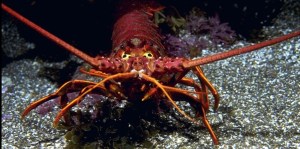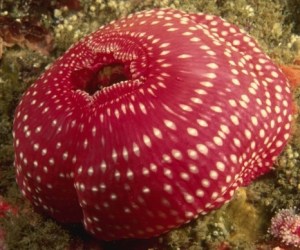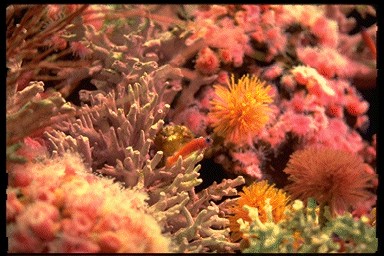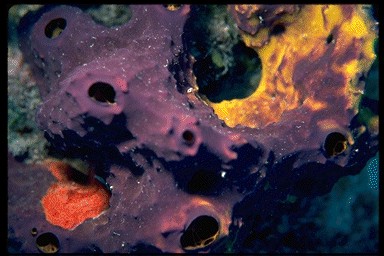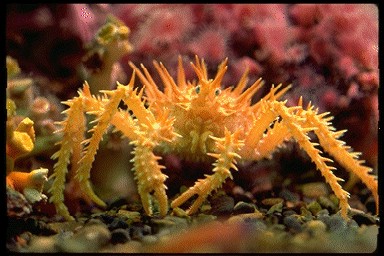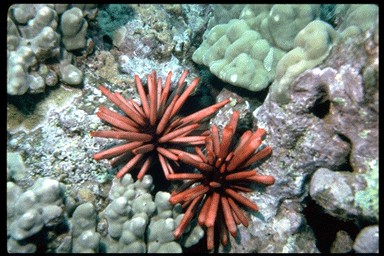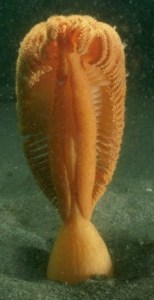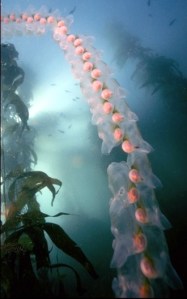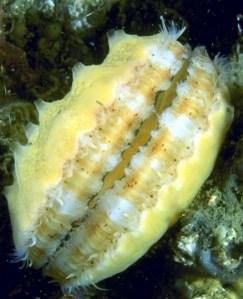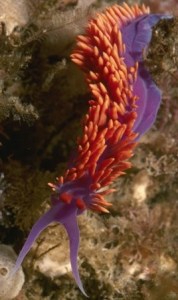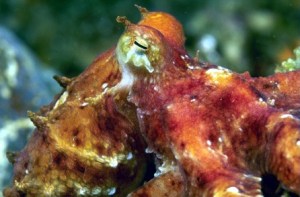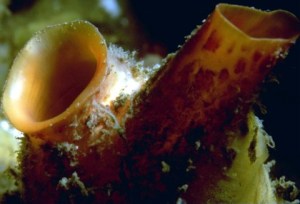Invertebrate Zoology is a course designed to present the diversity of life-forms represented in the animal kingdom. It should be considered a course in “discovery” of types of animals that most students have never encountered before this class. In this regard, students will have as much hands-on experience with the various phyla and classes of animals as possible. Clearly, a laboratory for this class is a necessity, and the best laboratory is one in which the students can see living representatives of most of the major phyla. This is accomplished using a combination of laboratory work as well as field trips to local natural areas. Thus, a major objective of this course is to showcase the diversity of animal life, and to instill a sense of the inherent value in all forms of animal life, not just “big, hairy, warm” animals.
A second major concern for an invertebrate course is to present the animal phyla in the context of the evolutionary development of animal complexity. Comparing the body plans (or Bauplane) of the phyla from the “lower” invertebrates to those of the “higher” invertebrates allows one to consider the likely evolutionary paths that have been “explored” by animals in their evolutionary trek through phenotypic space. Therefore, I will spend a lot of lecture time comparing the various bauplane and organ systems (such as body symmetry, excretory, respiratory, circulatory, and nervous systems), especially in relation to evolutionary developments and advancements in form and function. Thus, the second major objective in this course is to understand the evolutionary development of animal complexity. A corollary of this would be the understanding of major evolutionary concepts, such as preadaptation and phylogenetic constraints (to name a few).
The laboratory section is a series of hands-on dissections of the larger invertebrates, microscopic work on the smaller invertebrates, and observations of form, function, and behavior of live representatives. There are also a number of field trips to see invertebrates in their native habitats. Group learning is stressed in the lab, with groups usually being composed of 3-4 students. This eases the amount of work for each individual student, and leads to a more interactive group in general.
Students interested in invertebrate zoology should also consider the Tropical Field Biology course.
Sample Lecture Syllabus
Sample Laboratory Syllabus
Links to Invertebrate Zoology Resources
Tree of Life Home Page – Detailed phylogeny of all life!
Ocean Planet: In Search of Giant Squid – Page outlining the search for the largest invertebrates known: the GIANT squids!
KINGDOM ANIMALIA – University of Michigan’s resources on invertebrates
